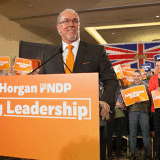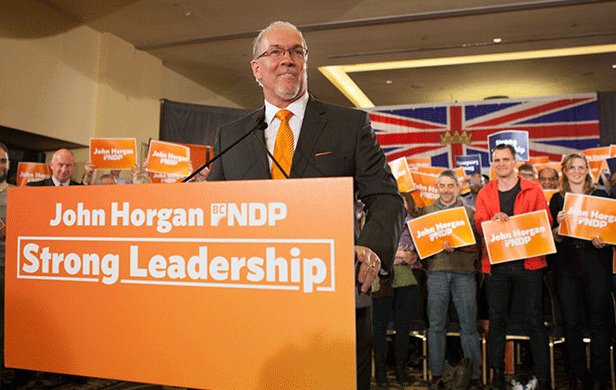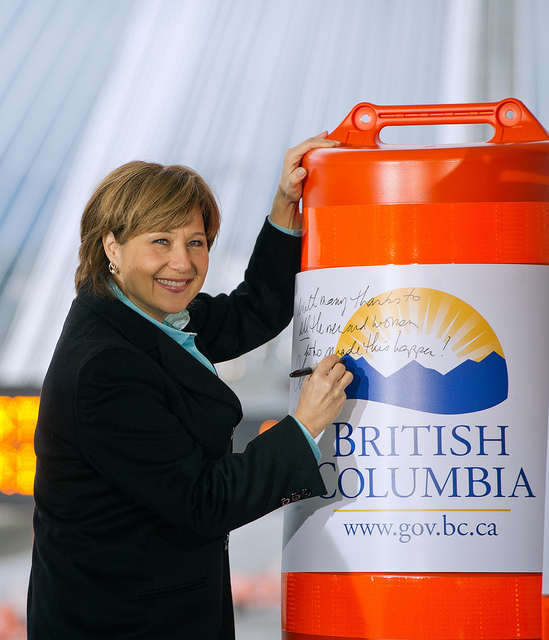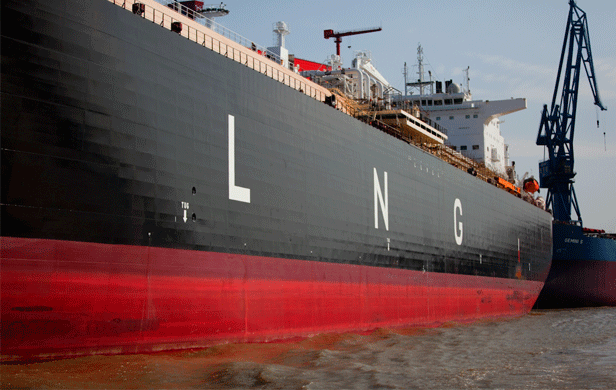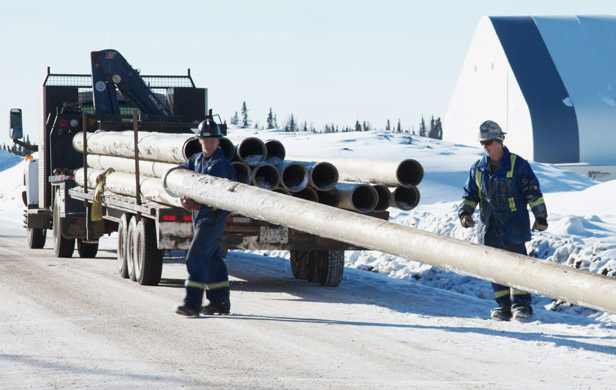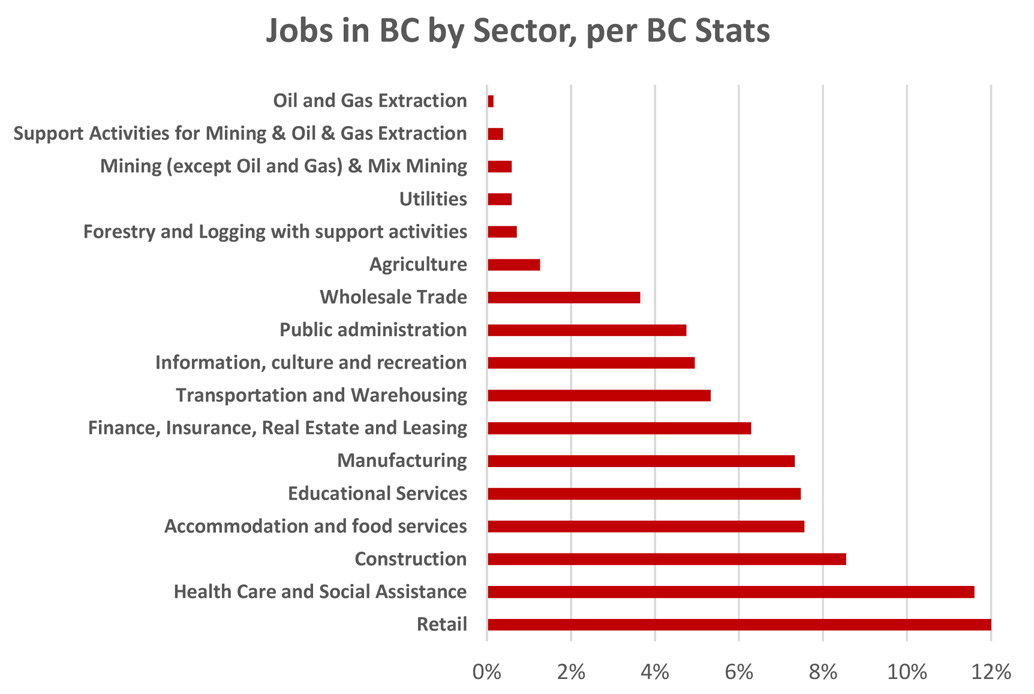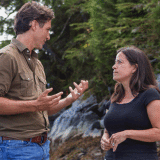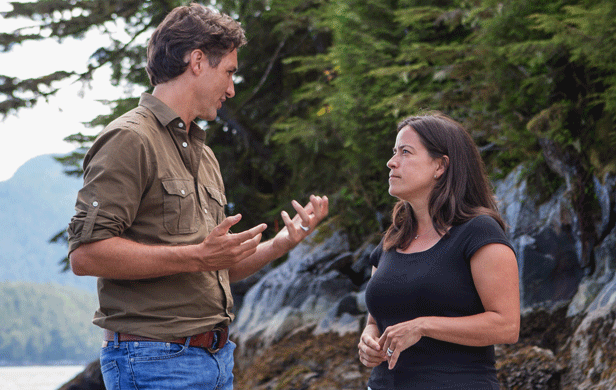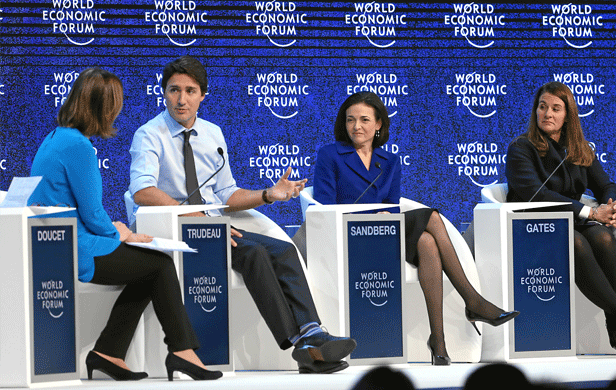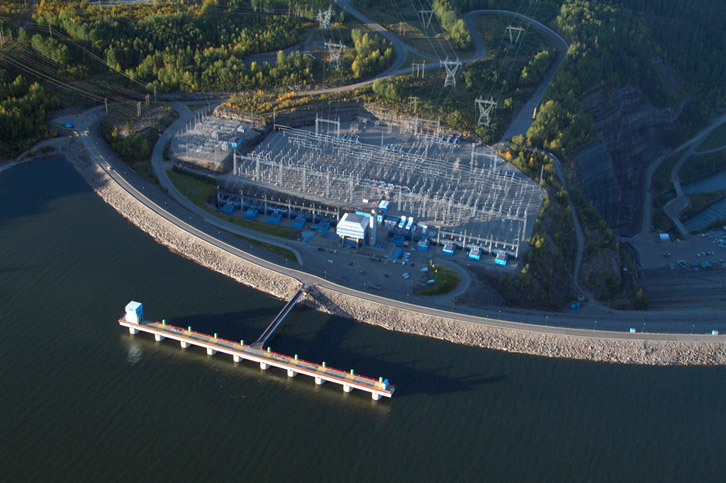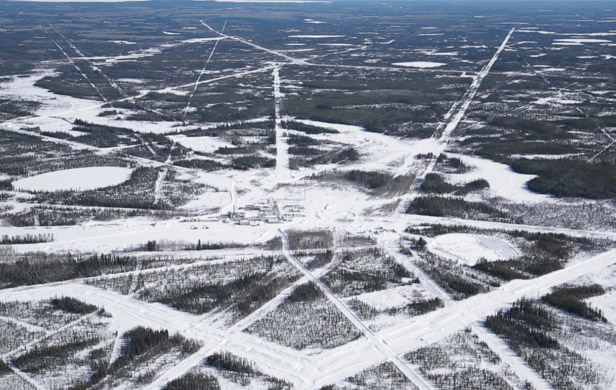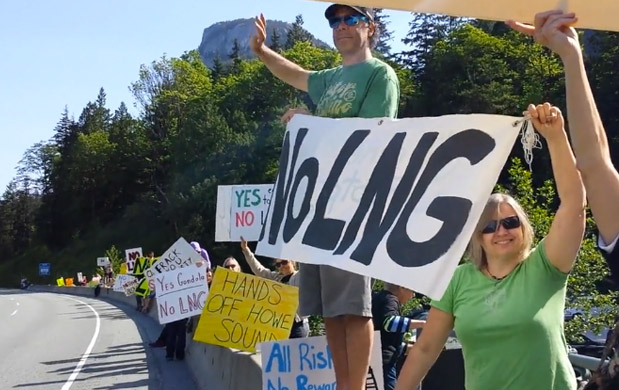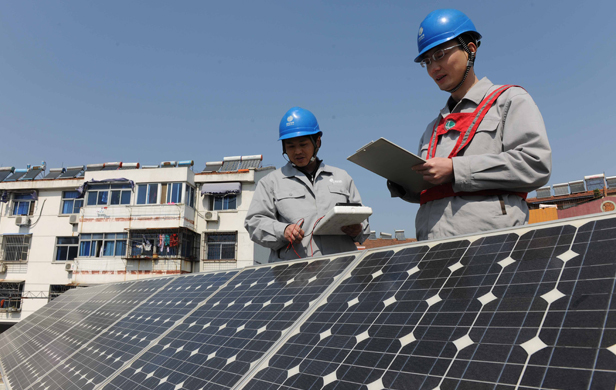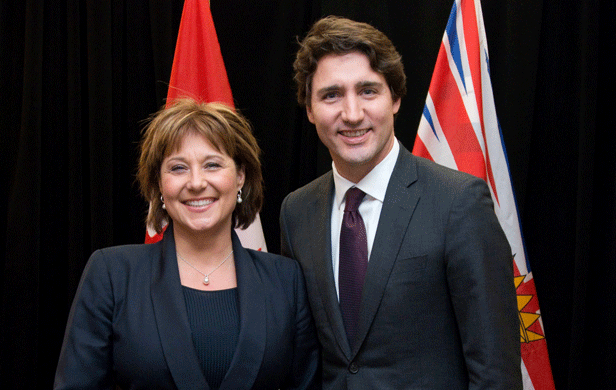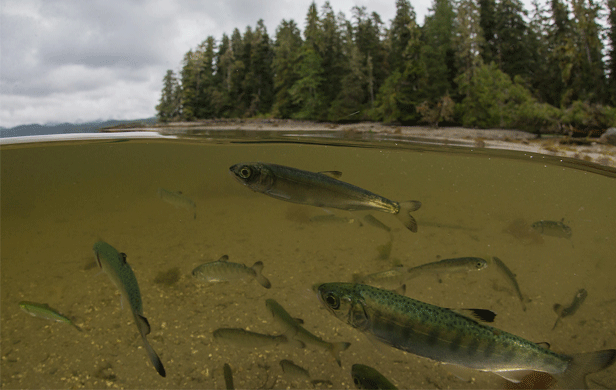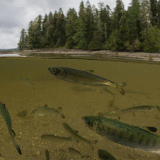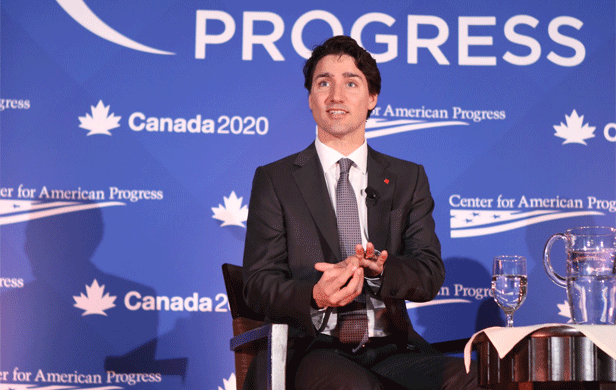
“Not everything that can be counted counts, and not everything that counts can be counted.” -Albert Einstein
With the recent National Energy Board approval of the Kinder Morgan pipeline and Justin Trudeau’s enthusiastic post-election remarks to the effect that Canada can build pipelines and address climate change concurrently, it is time to take stock of just where the current government is heading us.
Put bluntly, it remains questionable whether Canada can meet the very modest Conservative 2020 GHG reduction target should the Energy East and Kinder Morgan pipelines get the green light. Worse still, the Trudeau Liberals do not have a serious plan on climate change.
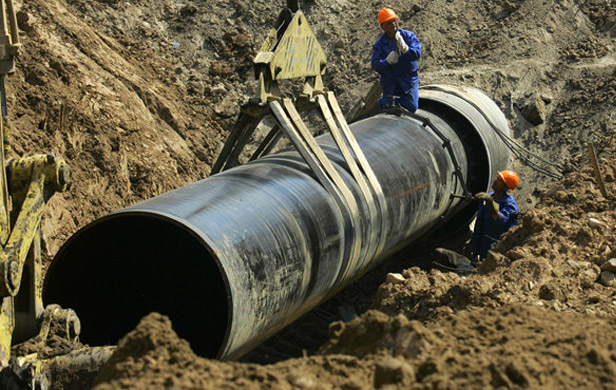
True, Justin’s Liberal government came to power as a champion for addressing climate change – promising to establish a credible environmental assessment process for proposed pipelines, invest in clean tech, and reduce subsidies for fossil fuels. Yet, barely half a year later, it is in full backtrack mode, as the government’s recent budget demonstrates.
Most disheartening, while the green economy is advancing at an incredibly rapid rate in China, Europe and the US, the actions of the Liberal government on increasing the supply of petroleum to international markets and its 2016-17 budget initiatives on climate change will only increase the green economy jobs and growth gap between Canada and its competitors.
Market for fossil fuels disappearing
Consider for a moment that two of the largest markets for fossil fuels are electrical power generation and transportation – the latter nearly 100% dependent on petroleum. The transition to a green economy is well-advanced in the electrical sector, as I discussed in my recent CSC article, “Pipelines to Nowhere“, while the transportation sector is showing signs that a transition is imminent.
Signs of the times
Like a dog hanging on to its bone, the Liberals seem to be oblivious to the clear signs of the beginning of the end of the fossil fuel era. This despite the staggering warning signs. Here are just a few of the biggest ones:
1) 90% of all new global electrical generation capacity in 2015 came from renewables
2) Global emissions have remained flat since 2013
3) China’s coal consumption declined in both 2014 and 2015
4) US coal producers representing 45% of US coal output have gone into bankruptcy
5) 21 countries have experienced economic growth while diminishing their respective emissions since 2000
6) The tipping point when an electric vehicle becomes comparably priced to a conventional one is predicted to occur as early as 2020 – with the overall cost to the consumer being cheaper due to lower fuelling and maintenance costs.
7) The arrival of zero and low-emission vehicles, even under modest market penetration scenarios, will have devastating impacts on demand for petroleum.
8) China is a world-leader, with 331,000 electric vehicles sold in 2015. By 2020, it is expected to manufacture 2 million eco-vehicles/year and have 5 million on the road
9) Ford, Hyundai-Kia, Volkswagen and Volvo all have ambitious plans for a wide range of electric and hybrid models by 2020. Meanwhile, a full 10% of BMW’s North American sales in April 2016 were electric vehicles and 25% of all 2015 new vehicle sales in Norway were electric
10) The Chief Financial Officer of Suncor, Alister Cowan in April 2015 has candidly said that “The years of large, multi-billion projects are probably gone”
11) The Canadian oil and gas sector will see just $17 Billion in revenues for 2016 vs. $30 Billion in project spending (which is already a 62% decline from the previous year)
Despite all of this, the Trudeau government continues to do everything possible to promote Energy East and the recently NEB-recommended Kinder Morgan pipeline, for which the signs suggest that these pipelines may be economically redundant. So many new developments have occurred on this file since my “Pipelines to Nowhere” article was first published in The Common Sense Canadian in March that I’ve done an update to this piece on my blog.
Time to shift fossil fuel subsidies to clean tech
While the Liberal election campaign included a reduction of fossil fuel subsidies, Budget 2016-17 failed to deliver.
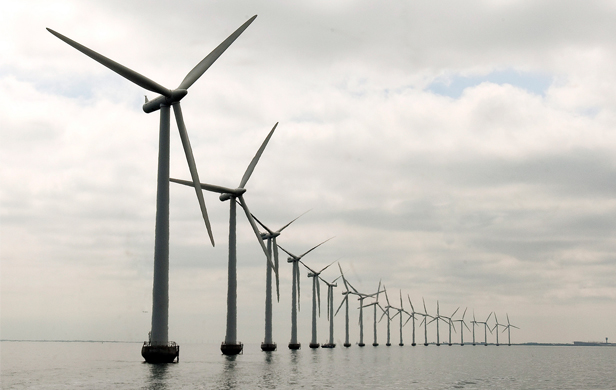
With the $46 Billion/year Canadians already spend to subsidize the fossil fuel sector, coupled with the glut of supply on the global market, both the industry and country urgently need to diversify the Western Canadian economy and catch up to the high-growth, high-job-creation clean tech sector. The moment is ripe for the Canadian fossil fuel sector to be a leader in a common, pan-Canadian effort to join the global green economy.
Such diversification of the sector is possible. Just look at Norway’s Statoil, which recently made the former head of its renewable energy division its new CEO and defined clean techs as one of the prime pillars of its overall corporate goals. The company has become a major global investor in clean tech innovation, including a floating offshore wind platform and recently-created venture capital entity to invest in clean tech start-ups.
Trudeau fails to regulate the regulator
Perhaps most disconcerting is the Liberals’ broken election promise to create bonafide environment impact analyses for pipelines.
First, the “interim plan”, for National Energy Board (NEB) hearings on Energy East is “rubber stamped” in Budget 2016-17 by way of involving a mere 3 month prolongation of the hearings and an expanded NEB mandate to take into account emissions. This constitutes insufficient time to put into place research contracts for scientific studies on GHG impacts.
More disturbing is that Budget 2016-17 cements the industry-friendly NEB as the permanent authority for environmental impact analyses concerning pipelines. Unfortunately, the much-dismantled and formerly internationally-respected Canadian Environmental Assessment Agency is relegated to that of an advisory body on environmental impact analyses.
Bonafide environmental impact assessments would entail starting the Energy East and Kinder Morgan review processes over, with the right parameters from the outset, and overseen by a competent team – at least comparable to that of the former Canadian Environmental Assessment Agency.
This is precisely the perspective that should have been adopted with respect to Kinder Morgan. Ditto for the upcoming federal and Government of Quebec hearings on Energy East.
Paying polluters
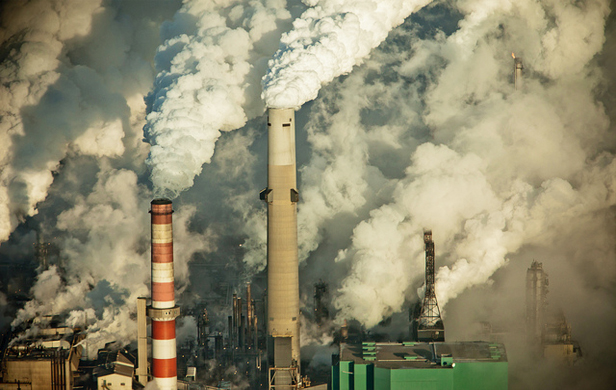
The 2016-17 Budget’s three-sentence description of the Low Carbon Economy Fund bears a resemblance to the $1B Climate Fund announced by Stéphane Dion just prior to the defeat of the previous Liberal government by the Conservatives. Under the still-born Climate Fund, the greater an entity’s emissions, the more money one could get from the government to reduce one’s emissions. Put another way, that means that the largest emitters, such as oil and gas companies, would be the largest beneficiaries of a “pay the biggest polluters the most dollars fund” – a sharp and perverse contrast with “the biggest polluters pay more model”. While this may make the fossil fuel companies appear to be righteous, it is an inefficient and costly way to reduce emissions.
Clean Tech funds cut
The amounts of funding for clean technologies in 2016-17 are lower when compared with the funding that was available during past Liberal governments – a period when emissions went up.
One example is that of Sustainable Development Technology Canada (SDTC), which had an average allocation of $40 million/year during past Liberal governments, while Budget 2016-17 only provides for $50 million over 5 years.
Another former Liberal government sustainable development program was Technology Early Action Measures, a program complementary to that of SDTC, which had an allocation of $56 million for the period 1999-2001.
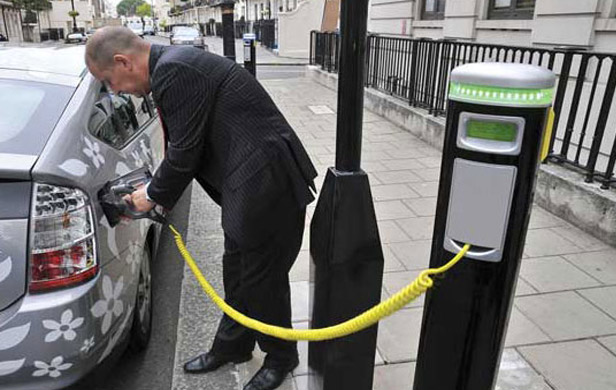 Moreover, past Liberal governments offered substantial funding for clean transportation innovation but Budget 2016-17 only calls for $56.9 million over two years, which is to be divided up to cover the development of regulations and standards, including international emission standards for the air, rail and marine sectors. Thus, this money will only cover a handful of clean transportation projects.
Moreover, past Liberal governments offered substantial funding for clean transportation innovation but Budget 2016-17 only calls for $56.9 million over two years, which is to be divided up to cover the development of regulations and standards, including international emission standards for the air, rail and marine sectors. Thus, this money will only cover a handful of clean transportation projects.
This has all the appearances of a shell game.
With Canada’s share of global clean tech markets at just 1.3% while the green economy is advancing at a extraordinary pace, it is clear that Trudeau and his Liberals have a poor sense of priorities aligned with traditional centres of power and money.
Where are the green infrastructure funds?
The “all of the above”, positives-and-negatives modus operandi that is the Liberal trademark, is very prominent in the Liberal plan for infrastructure. While Budget 2016-17 funding to support public transit is a strong positive, Trudeau has let it be known that the provinces and municipalities will define the projects for federal support. In other words, urban sprawl-related highways and bridges will also be eligible for this Santa Claus re-election fund, thereby undermining gains made on reducing GHGs attributable to public transit projects.
Low credibility, contradictions and manipulation
Further to the above weak links in the Trudeau climate plan, consider the following:
1) Trudeau has said that opposition to Keystone XL and Energy East is not based on science
2) Trudeau had praised Alison Redford for her boasting of Canada’s environmental record as a means to warm up the Obama administration to approve Keystone XL
3) The Investor State Dispute Settlement provision of the Trans Pacific Partnership would allow corporations to sue a national government like ours in the event domestic environmental laws impede the maximization of profits. Despite this, cross-country Liberal consultations on the TPP have been primarily with highly restricted audiences, little advance notice and no answering of tough questions.
As progressive Canadians, we must rise above the hype of the Trudeau government on climate, recognize that the Leap Manifesto is out-of-date and needlessly inflammatory, and focus on the urgent requirement for Canada to catch up with its competitors on green economics – the better economic development model, yielding 6 to 8 times more jobs per government investment unit than does the traditional economy.
A combination of solutions
There is no magic solution for achieving climate goals, rather it is like addressing poverty: One needs a combination of measures that collectively contribute to goals pursued. With so many countries ahead of Canada, there is a wealth of examples from other countries to draw upon, such as:
1) A legislative agenda with meaningful penalties for non-compliance
2) Shifting some of the $46B/year in Canadian fossil fuel subsidies to investments in clean tech, training fossil fuel workers for green jobs, and creating a more-diversified and less-vulnerable Western Canadian economy
3) Engaging the Business Development Bank of Canada and other financing arms of the federal government to establish clean technology programs, coupled with a meaningful green bond programs
4) Building networks of research centres for clean technologies that cultivate public-private partnerships, plus a national clean technology integration centre that links clean energy, low carbon buildings and clean transportation – the US National Renewable Energy Laboratory is one great model for this
5) Supporting clean technology product development and manufacturing, including Quebec’s electric vehicle sector
6) Initiatives comparable to those of China and California for encouraging a rapid migration to low and zero emission vehicles
The above is simply brief illustration that a meaningful strategy on climate change and a migration to a green economy is possible if there is a will to do so.
For a more detailed analysis of the myths and realities of the Trudeau government’s energy policies, check out this report.
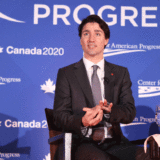

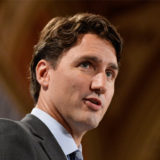
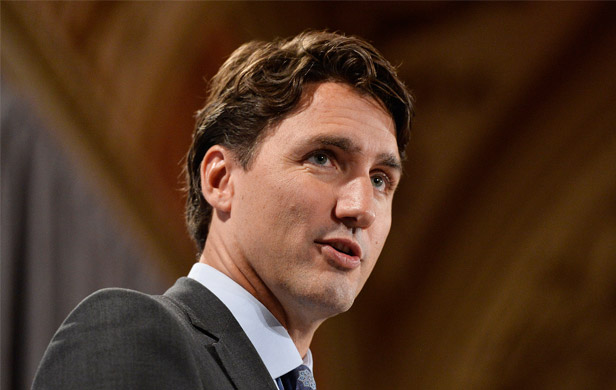
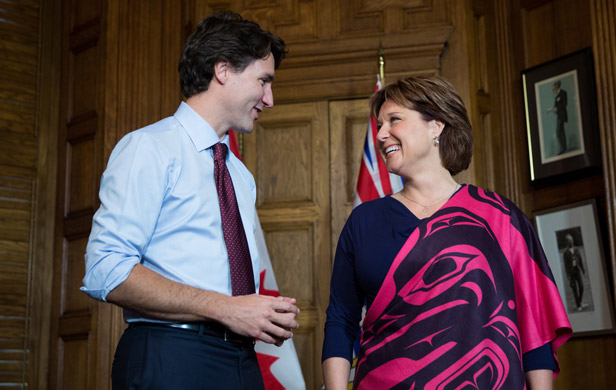
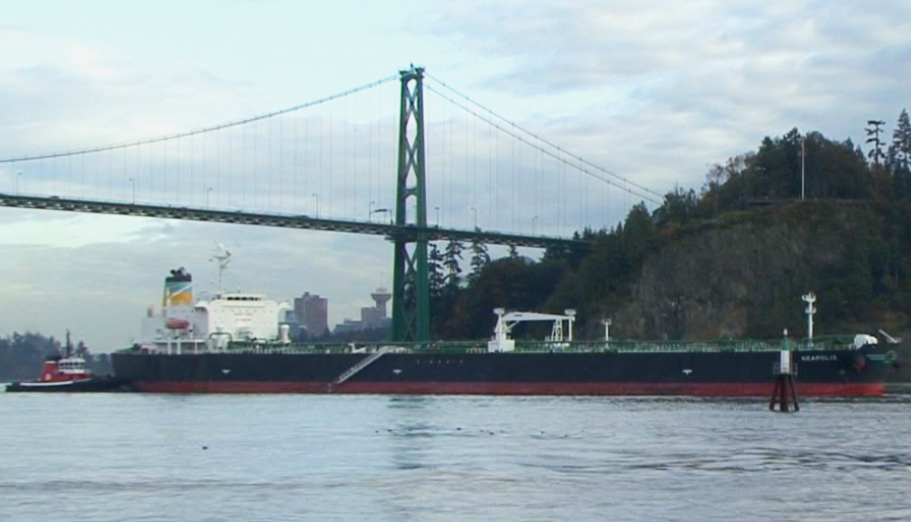 Now comes Kinder Morgan. Your party screamed like a stuck pig at the Harper government’s loading of the National Energy Board in favour of business – business that financially supported his government and now yours. There were going to be reforms. Structural changes, independence, fair play and the appearance of it. I say it again – compared to the NEB and all environmental assessment boards I have attended, the old Soviet show trials look like paragons of British justice. My response to the press when asked what was proposed for WFLNG was that after attending several meetings myself, I would rather have a root canal without an anaesthetic than go through another.
Now comes Kinder Morgan. Your party screamed like a stuck pig at the Harper government’s loading of the National Energy Board in favour of business – business that financially supported his government and now yours. There were going to be reforms. Structural changes, independence, fair play and the appearance of it. I say it again – compared to the NEB and all environmental assessment boards I have attended, the old Soviet show trials look like paragons of British justice. My response to the press when asked what was proposed for WFLNG was that after attending several meetings myself, I would rather have a root canal without an anaesthetic than go through another.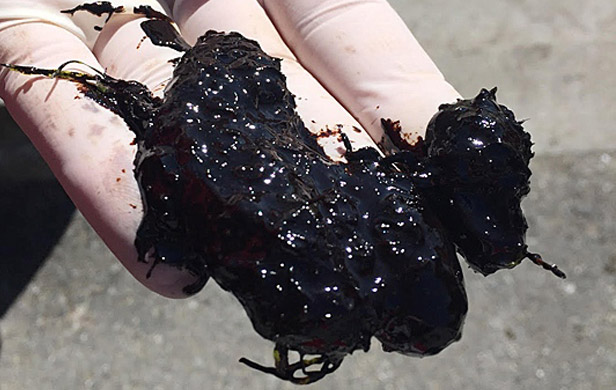
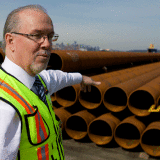
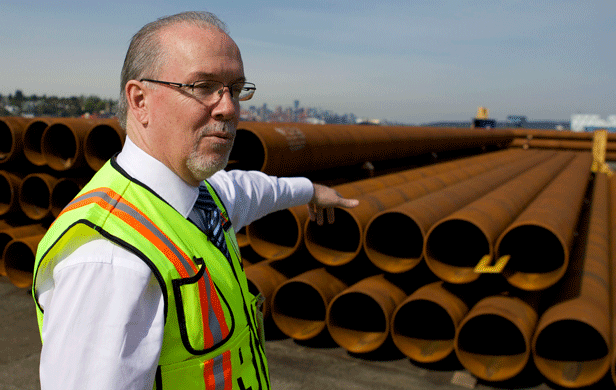
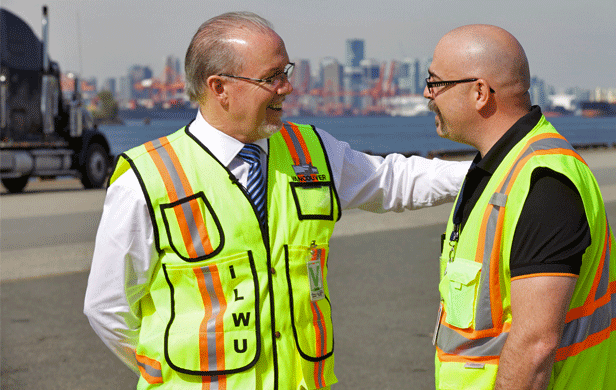
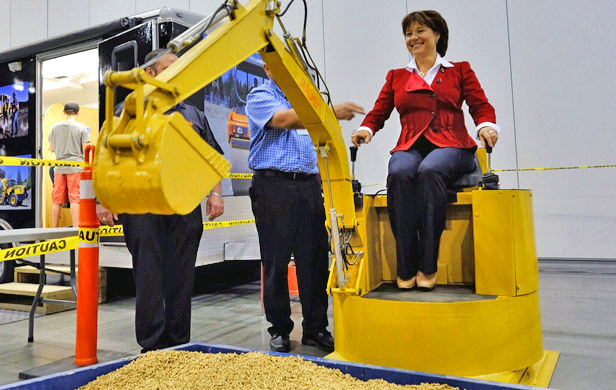
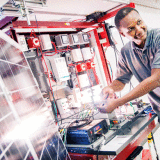
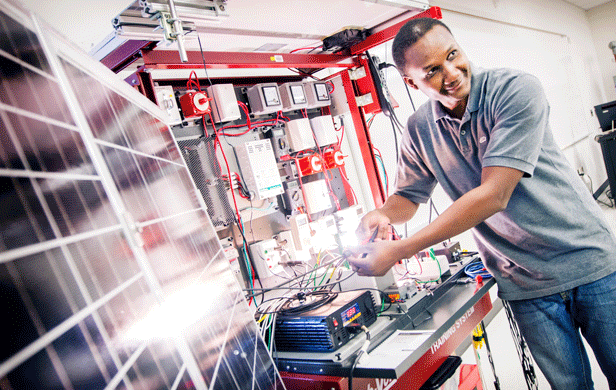
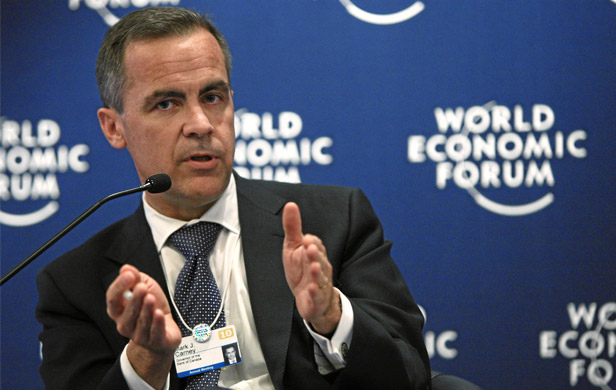
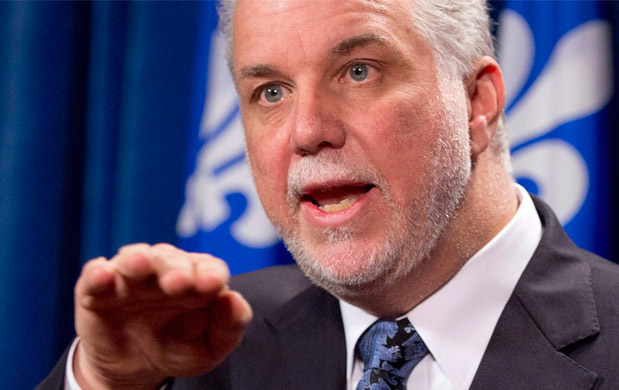
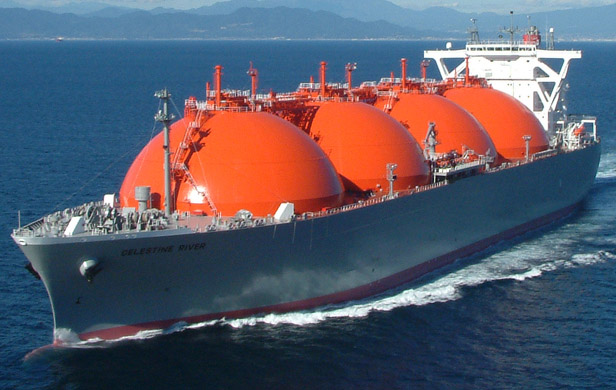
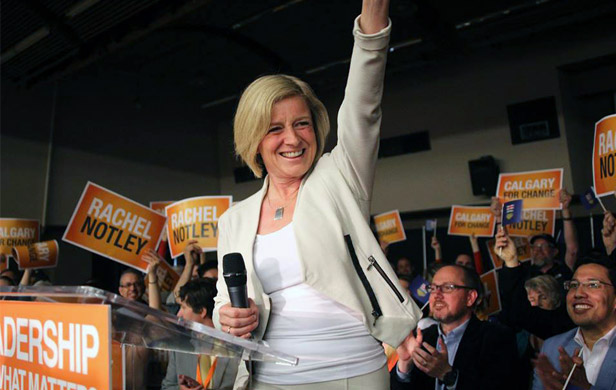
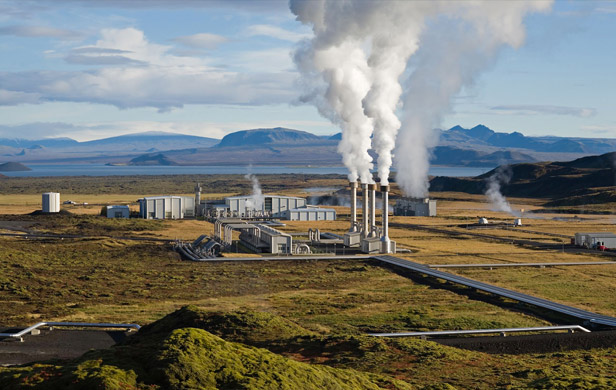
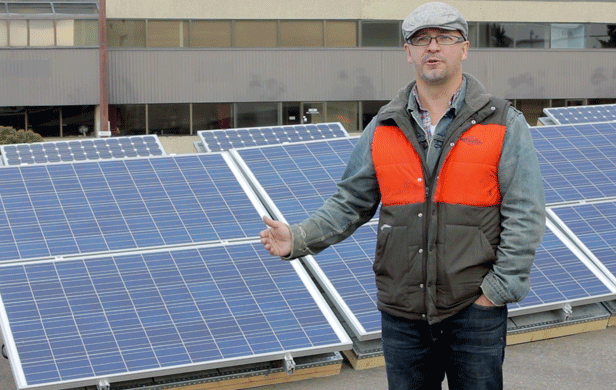
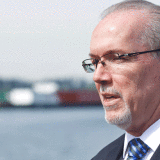
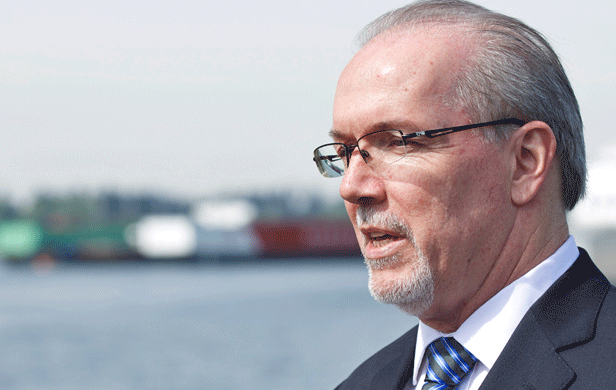
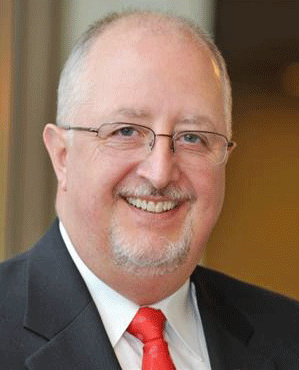
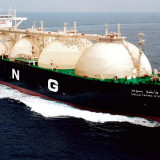
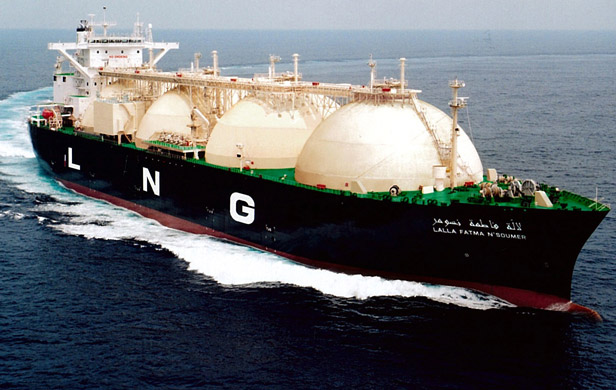
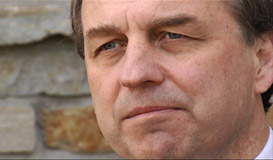
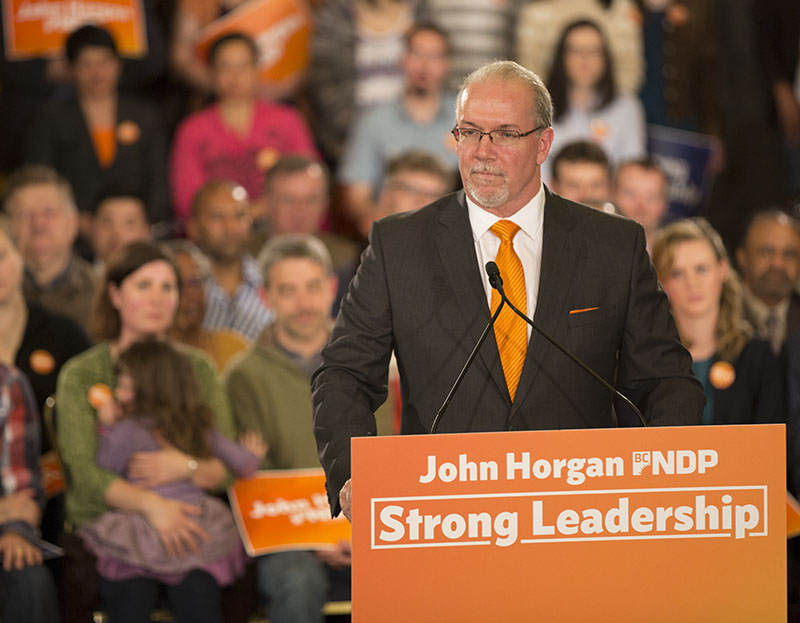
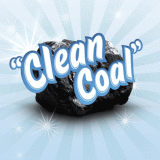
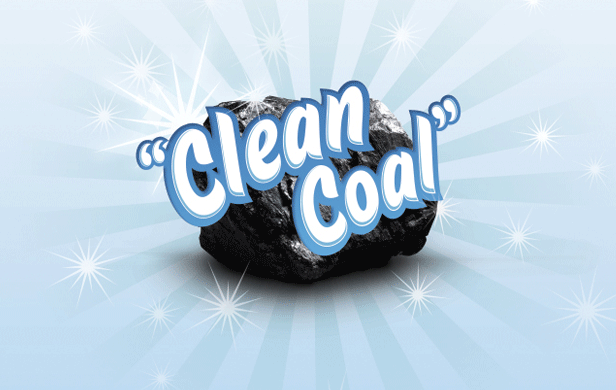
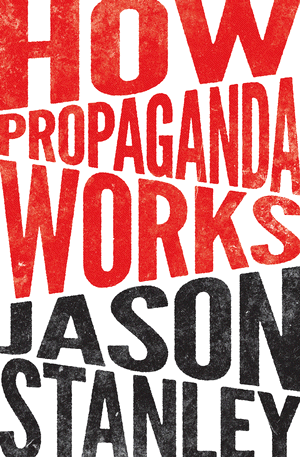 In this
In this 